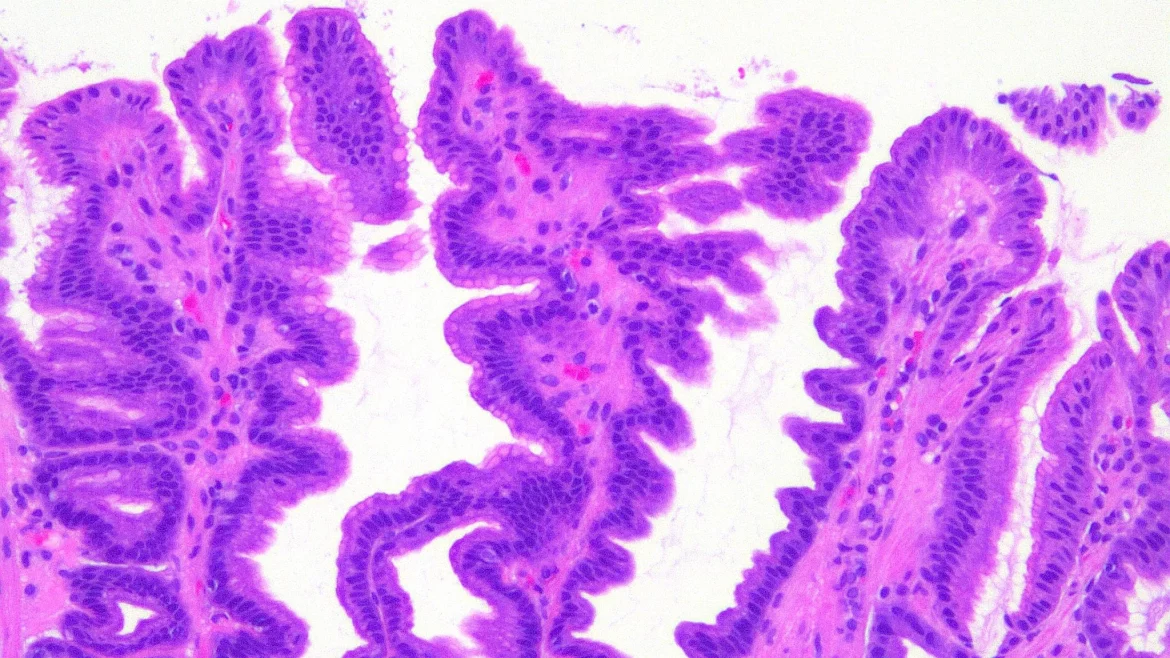Congestive gastropathy is a medical condition characterized by congestion and damage to the stomach lining caused by impaired blood flow. This condition is often associated with portal hypertension, a common complication of liver cirrhosis.
The compromised blood flow results in increased pressure within the portal venous system, leading to various gastrointestinal manifestations, including congestive gastropathy. This article delves into the causes, symptoms, diagnosis, treatment options, and management strategies for congestive gastropathy.
Causes And Risk Factors
Congestive gastropathy primarily arises due to portal hypertension, which is commonly a consequence of chronic liver diseases such as cirrhosis. The liver, when scarred or damaged, restricts normal blood flow, causing blood to back up in the portal vein. This increased pressure can extend to the stomach’s blood vessels, leading to congestion and subsequent gastropathy.
Other potential causes and risk factors include:
Chronic Liver Disease: Conditions like hepatitis B and C, alcoholic liver disease, and non-alcoholic fatty liver disease can lead to cirrhosis and, subsequently, portal hypertension.
Heart Failure: Severe heart failure can cause blood to back up into the veins, affecting the portal circulation.
Thrombosis: Blood clots in the portal or splenic veins can obstruct blood flow, leading to increased portal pressure.
Symptoms of Congestive Gastropathy
The symptoms of congestive gastropathy can vary in severity and may overlap with other gastrointestinal conditions.
Common symptoms include:
Upper Abdominal Pain: Persistent or recurrent pain in the upper abdomen is a frequent complaint among patients.
Nausea and Vomiting: These symptoms may occur due to irritation and damage to the stomach lining.
Gastrointestinal Bleeding: This can manifest as hematemesis (vomiting blood) or melena (black, tarry stools).
Anemia: Chronic blood loss can lead to anemia, causing fatigue, pallor, and weakness.
Treatment Options
The treatment of congestive gastropathy focuses on managing the underlying portal hypertension and alleviating symptoms. Treatment strategies include:
Medications: Non-selective beta-blockers (e.g., propranolol, nadolol) are commonly prescribed to reduce portal pressure. These medications decrease blood flow to the gastrointestinal tract and reduce the risk of bleeding.
Endoscopic Therapies: Endoscopic band ligation or sclerotherapy can be used to control active bleeding from the stomach lining.
Transjugular Intrahepatic Portosystemic Shunt (TIPS): TIPS is a minimally invasive procedure that creates a pathway within the liver to reduce portal pressure. This can be effective in preventing recurrent bleeding.
Liver Transplant: In severe cases where liver function is significantly compromised, a liver transplant may be considered.
Management And Lifestyle Modifications
Managing congestive gastropathy involves a combination of medical treatment and lifestyle modifications to minimize symptoms and prevent complications. Key management strategies include:
Dietary Adjustments: Patients are advised to avoid alcohol, reduce salt intake, and follow a balanced diet to support liver health.
Regular Monitoring: Regular follow-ups with a healthcare provider are essential to monitor liver function, portal pressure, and the effectiveness of treatments.
Avoidance of NSAIDs: Non-steroidal anti-inflammatory drugs (NSAIDs) can exacerbate gastrointestinal bleeding and should be avoided.
Stress Management: Techniques such as yoga, meditation, and counseling can help manage stress, which may exacerbate symptoms.
Prognosis And Complications
The prognosis of congestive gastropathy depends largely on the underlying cause and the effectiveness of managing portal hypertension. Complications can arise if the condition is left untreated or if portal hypertension worsens. Potential complications include:
Recurrent Gastrointestinal Bleeding: Chronic bleeding can lead to significant anemia and may require repeated hospitalizations or blood transfusions.
Liver Failure: Progressive liver disease can result in liver failure, necessitating advanced interventions such as liver transplantation.
Variceal Bleeding: Portal hypertension can also cause varices (enlarged veins) in the esophagus and stomach, which are at high risk of rupture and bleeding.
Conclusion
Congestive gastropathy is a significant gastrointestinal condition linked to portal hypertension and chronic liver disease.
Understanding its causes, symptoms, and diagnostic methods is crucial for effective management. Treatment typically involves medications to reduce portal pressure, endoscopic therapies to control bleeding, and, in severe cases, procedures like TIPS or liver transplantation.
Lifestyle modifications and regular medical follow-ups are essential to manage symptoms and prevent complications. With appropriate treatment and management, patients can achieve a better quality of life and reduce the risk of severe complications associated with this condition.


